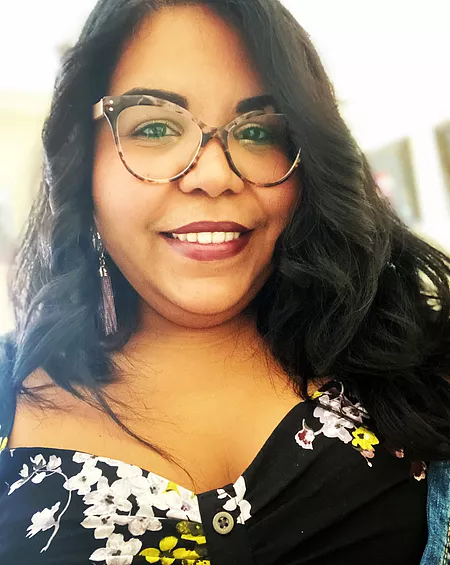Kamil Gerónimo-López

Professional Bio
Born and raised in Puerto Rico. Half Puerto Rican, half Dominican. Cheerful, creative, and eclectic soul. Passionate about life, love, changing the world, community organizing, unstoppable traveling, and writing. In the social justice movement, I'm known as a Popular Educator or the girl with the boardgames ideas. Founder of a non-profit called Pueblo Crítico focused on methodology and graphic design. In academia, I'm known as a rebellious mixer of fields. I did a BA in Cooperatives, with a minor in Geography and Portuguese. Then, a Master in Social Work, with study abroad experiences in Spain, Jordan, and Brazil. Have a soft spot for French and Arabic, and I'm eager to master them soon! Currently diving into Ph.D. at Penn State University, in the program of Lifelong Learning and Adult Education.
Related Materials
This article introduces the reader to the nature of social movement-based adult education practices in Latin America and the Caribbean by reviewing major social movements in the region from 2010 to 2020.
This article presents the results of a comparative study of learning and education in contemporary student movements in Chile, Egypt, and Puerto Rico, which arose as responses to neoliberal economic grievances. The study uses an andragogical lens to analyse these movements as examples of collective self-directed pedagogical practice by and within social movements. Drawing on Santos’ (2006) sociologies of absence and “emergence”, the study utilizes autoethnographic and secondary data analysis to voice social movement-based learning alternatives. We argue that, despite the different contexts of each movement, they still share many commonalities in organizing and educating in response to global neoliberalism.